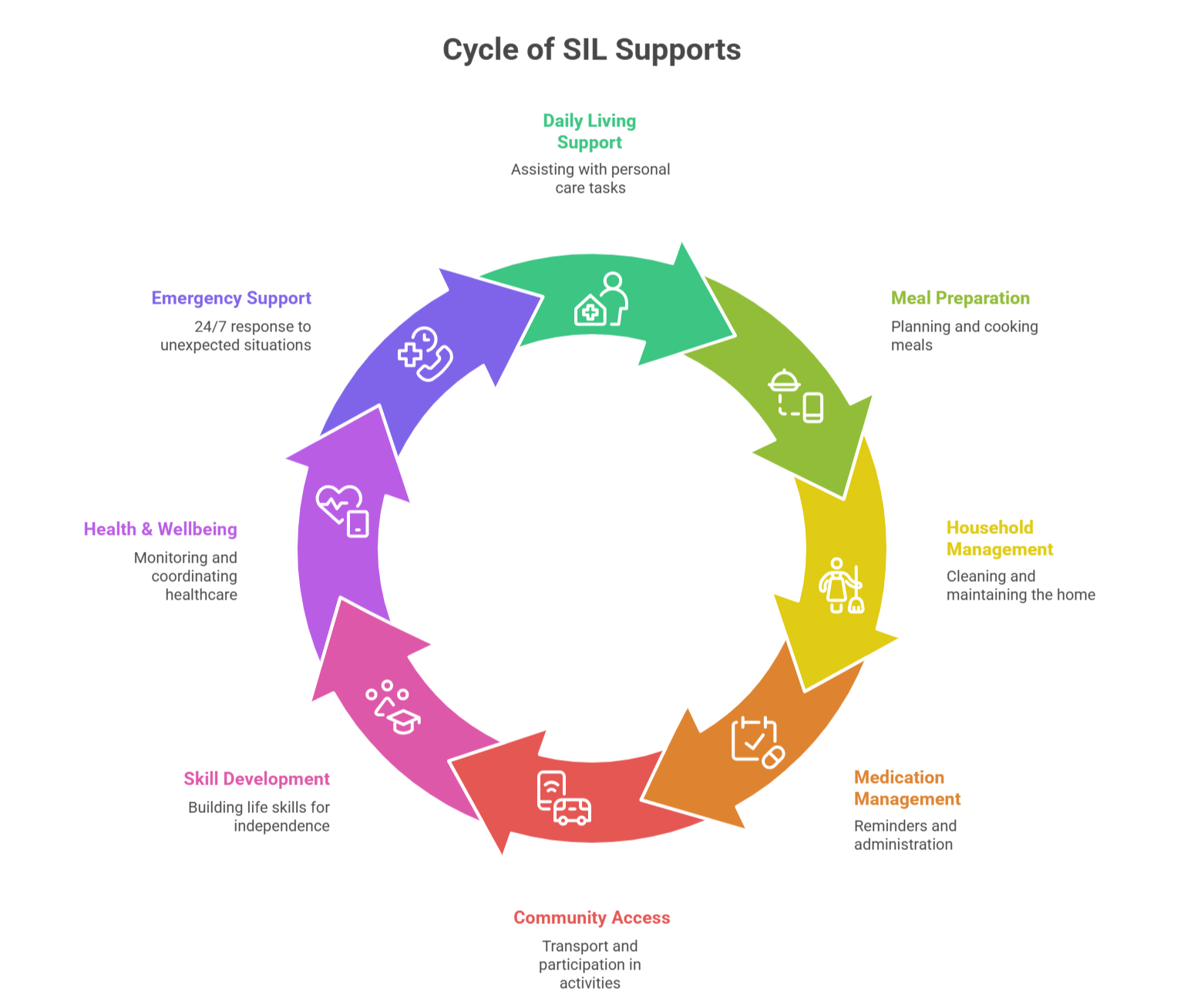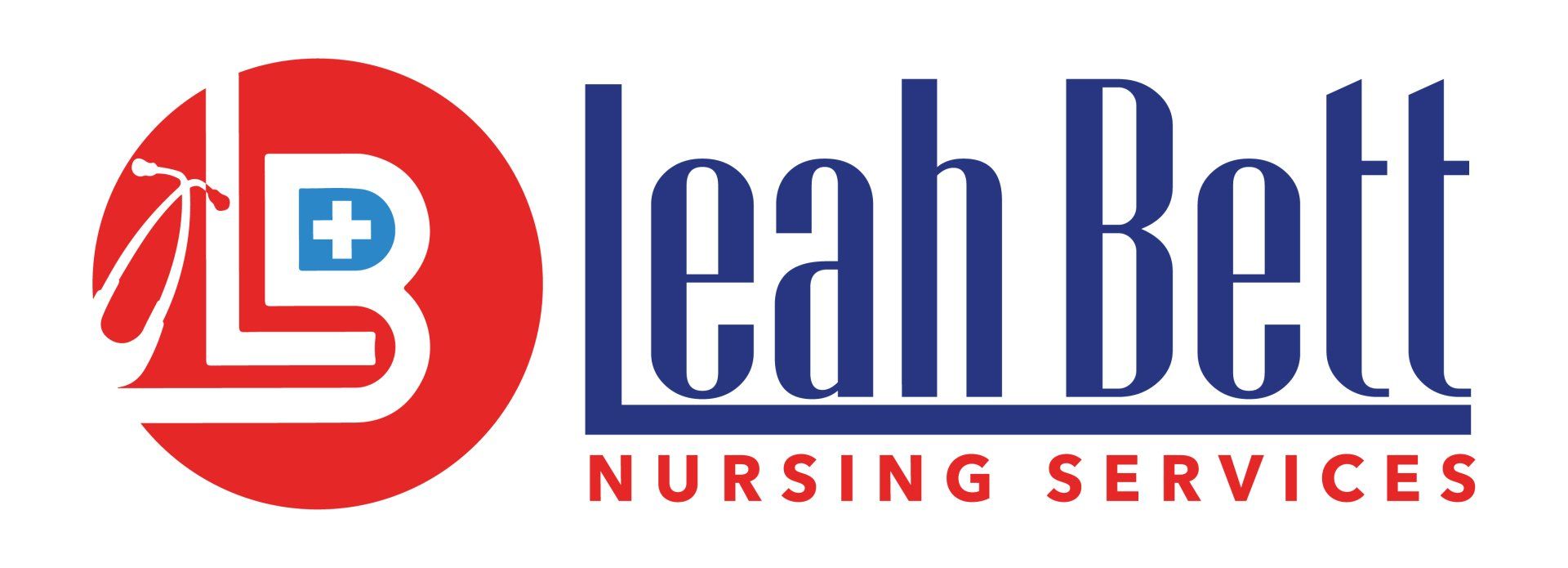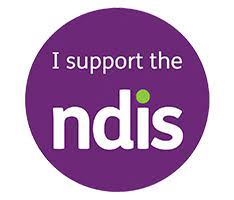What is Supported Independent Living (SIL)? Your Complete NDIS Guide for the Northern Territory
For many people living with a disability, having a safe home and the freedom to make everyday choices is life-changing. In the Northern Territory, Supported Independent Living (SIL) funded through the National Disability Insurance Scheme (NDIS) helps individuals build independence, improve daily living skills, and live confidently in the community.
This complete NT-focused guide explains what SIL is, who it’s for, what it includes, what it doesn’t cover, how funding works, and how to find the right SIL vacancy for you or your loved one.
What Is Supported Independent Living (SIL) Under the NDIS?
Supported Independent Living (SIL) is an NDIS-funded support for people who need significant help with daily tasks in their home. It does not mean living alone — it means receiving the right level of assistance to live as independently as possible.
SIL is usually suited for people with higher support needs, often requiring help 24/7, including overnight supervision. SIL supports can be provided in a shared home or, in some cases, for individuals living on their own.
What Supports Are Included in SIL?

SIL offers daily assistance tailored to a participant’s goals, needs, and preferred lifestyle. These supports can include:
1. Daily Living & Personal Support
- Bathing, dressing, grooming, and personal hygiene
- Toileting and mobility assistance
2. Meal Preparation
- Planning meals
- Grocery shopping
- Cooking with or without assistance
- Building cooking skills
3. Household Management
- Cleaning and laundry
- Maintaining a safe and tidy living environment
4. Medication Management
- Reminders and administration
- Monitoring for side effects
- Updating health notes
5. Community Access & Participation
- Transport to appointments, activities, and events
- Support to engage in hobbies, social outings and community programs
6. Skill Development
- Budgeting and money management
- Communication skills
- Problem-solving
- Daily life skills to build independence
7. Health & Wellbeing
- Monitoring health
- Coordinating with healthcare practitioners
- Supporting routines that promote wellbeing
8. Emergency Support
- 24/7 trained staff ready to respond to unexpected situations
What SIL Does NOT Cover
SIL does not include everyday living expenses such as:
- Rent or mortgage
- Utilities (electricity, water, internet)
- Food and groceries
- Transport unrelated to support needs
- Support unrelated to daily living
These costs must be covered through other NDIS funding categories or personal contributions.
Who Is SIL Best Suited For?
SIL is a good option for NDIS participants who:
- Have a disability that significantly affects daily living
- Need consistent, ongoing support every day — often including overnight assistance
- Want to live in a shared or individual home setting
- Want to build their independence and community involvement
In the Northern Territory, SIL can be especially valuable for participants in remote and very remote areas who require constant support that may not otherwise be readily available.
Benefits of Supported Independent Living
Choosing SIL can lead to meaningful improvements in daily life, including:
1. Greater Independence
- Participants get support while still making their own choices, building confidence and autonomy.
2. Skill Development
- Daily routines become opportunities to learn essential life skills.
3. Safe, Consistent Support
- Trained staff create a stable environment, reducing stress for the participant and their family.
4. Social Connection
- Shared accommodation can encourage friendships and reduce isolation — a common challenge in remote NT areas.
5. Improved Health & Reduced Hospital Visits
- Ongoing monitoring and proactive care help prevent avoidable health issues.
Finding Supported Independent Living (SIL) Vacancies in the Northern Territory
Finding the right SIL home is essential. At Leah Bett Nursing Services, we help NDIS participants explore current vacancies and match them with homes that fit their needs, personality, culture, and goals.
When searching for SIL vacancies in the NT, consider:
1. Location
- Is the home near essential services, family, cultural hubs, or community supports?
2. Housemate Compatibility
- Are the other residents similar in age, interests, or routines?
3. Accessibility
- Does the home meet physical, sensory, or behavioural requirements?
4. Provider Experience
- Do they understand NT-specific needs — including remote communities, cultural safety, and thin market challenges?
5. Support Model
- Is support available 24/7? Is the roster flexible? Are staff culturally sensitive and NT-experienced?
How to Access Supported Independent Living (SIL)
Accessing SIL typically involves several NDIS steps:
1. NDIS Plan Review or Initial Planning
- SIL must be included in your NDIS plan. This usually requires an updated assessment showing the level of support you need.
2. Support Coordinator Involvement
If you have Support Coordination, they help:
- Complete the Roster of Care
- Gather evidence for higher support needs
- Connect you with SIL providers
- Compare vacancy options
3. Find a SIL Provider
- Choose a provider you trust — one who understands your lifestyle, culture, medical needs, and NT environment.
4. Get Quotes & Roster of Care Approved
- The NDIS reviews your support model before approving SIL funding.
5. Sign a Service Agreement
- This formalises the support you will receive and the expectations of both parties.
Your Independent Living Journey with Leah Bett Nursing Services
Leah Bett Nursing Services offers high-quality, person-centred SIL supports across the Northern Territory. Our experienced nurses and support workers focus on:
- Building your independence
- Respecting your lifestyle and cultural background
- Ensuring consistent, reliable care
- Creating safe and supportive home environments
- Helping you find the right NT SIL vacancy
Whether you're just starting to explore SIL or actively searching for a vacancy,
we’re here to help guide you through every step with clarity and care.
Frequently Asked Questions About SIL
What is Supported Independent Living (SIL)?
SIL is NDIS-funded support for people who need significant help with daily tasks such as personal care, cooking and household tasks, usually in a shared home with 24/7 support.
Who is eligible for SIL in the Northern Territory?
NDIS participants who require daily, ongoing support — often including overnight supervision — may be eligible, especially those with high needs living in remote or urban NT areas.
What does SIL not pay for?
SIL does not cover rent, utilities, groceries, or daily living expenses. These must be paid through other funding categories or personal funds.
How do I find SIL vacancies in the NT?
Contact local SIL providers like Leah Bett Nursing Services, review available accommodation options, check housemate compatibility, and make sure the home meets your support needs.
What Is the Difference Between SIL and SDA?
SIL (Supported Independent Living) funds the daily support you receive at home, such as personal care, cooking and supervision.
SDA (Specialist Disability Accommodation) funds the housing itself, including specialist design or accessibility features.
Simple: SDA = the home. SIL = the support inside the home.





